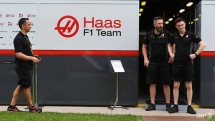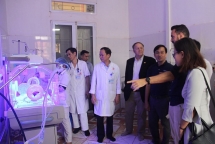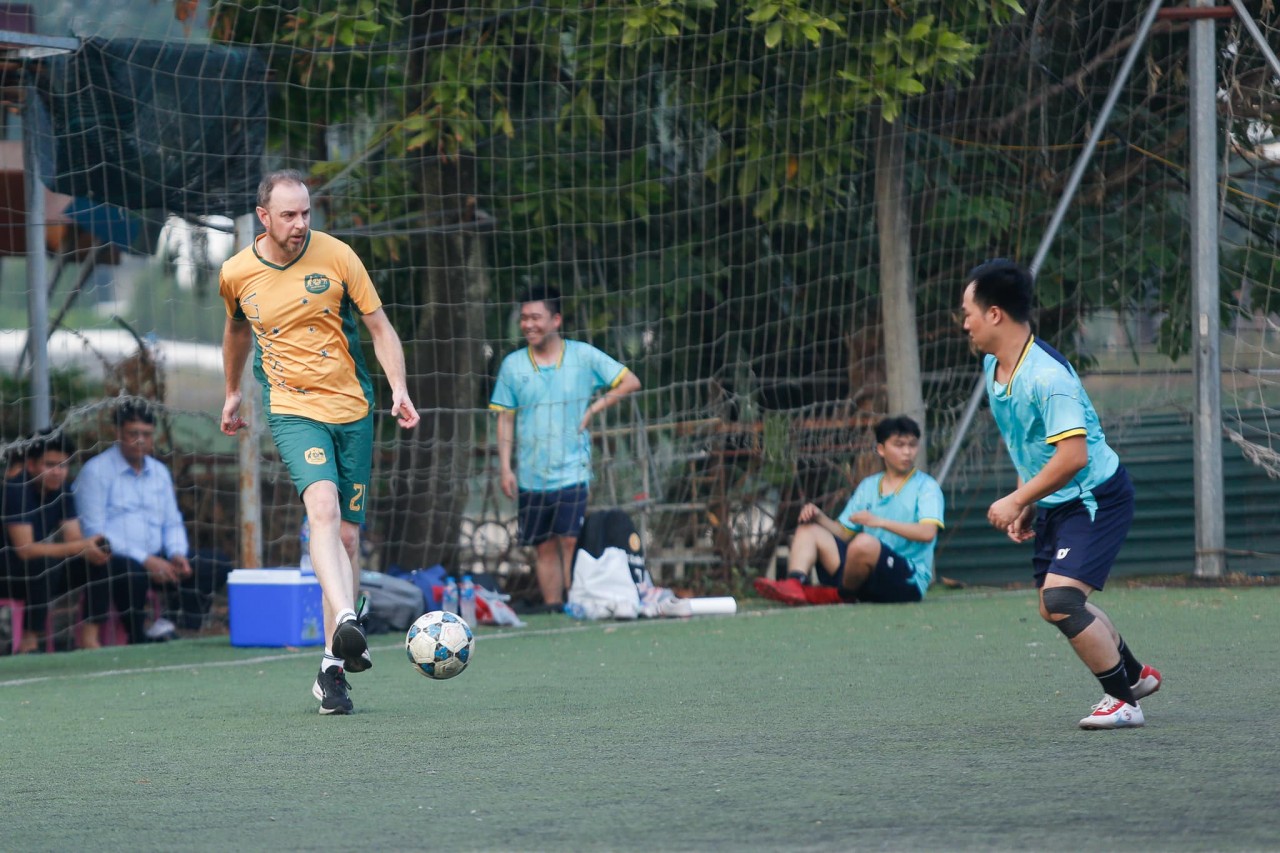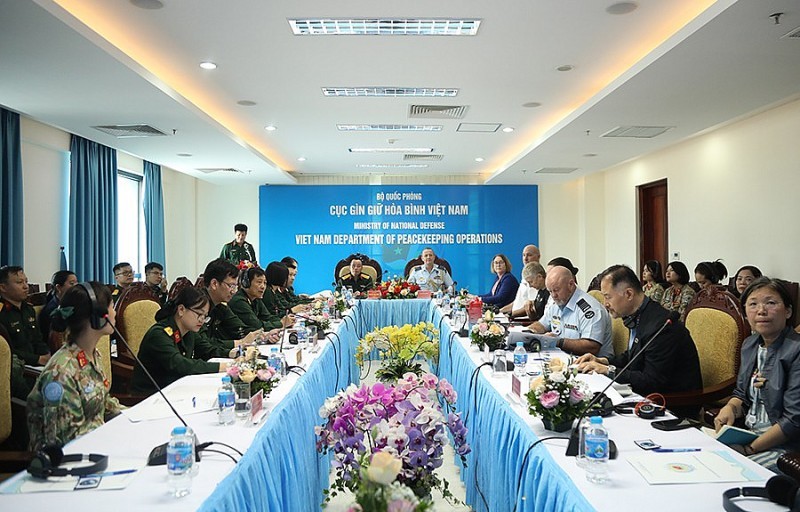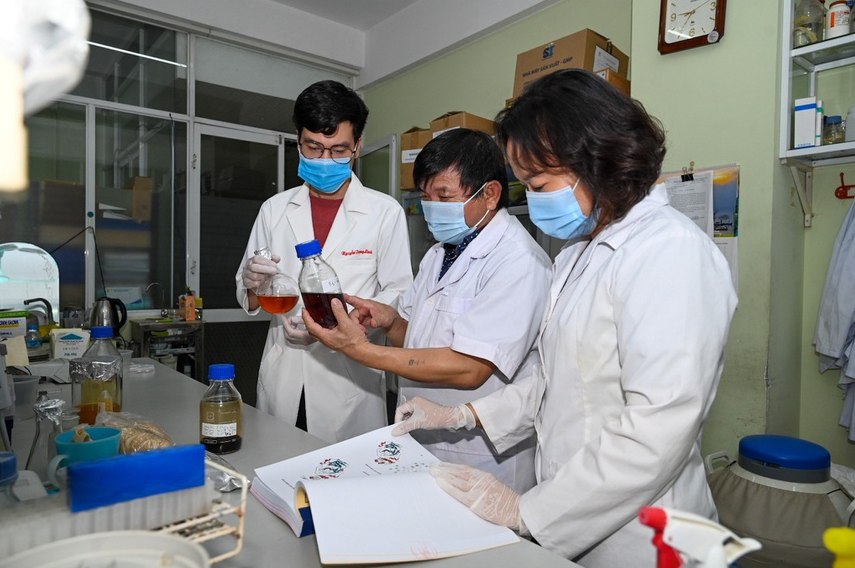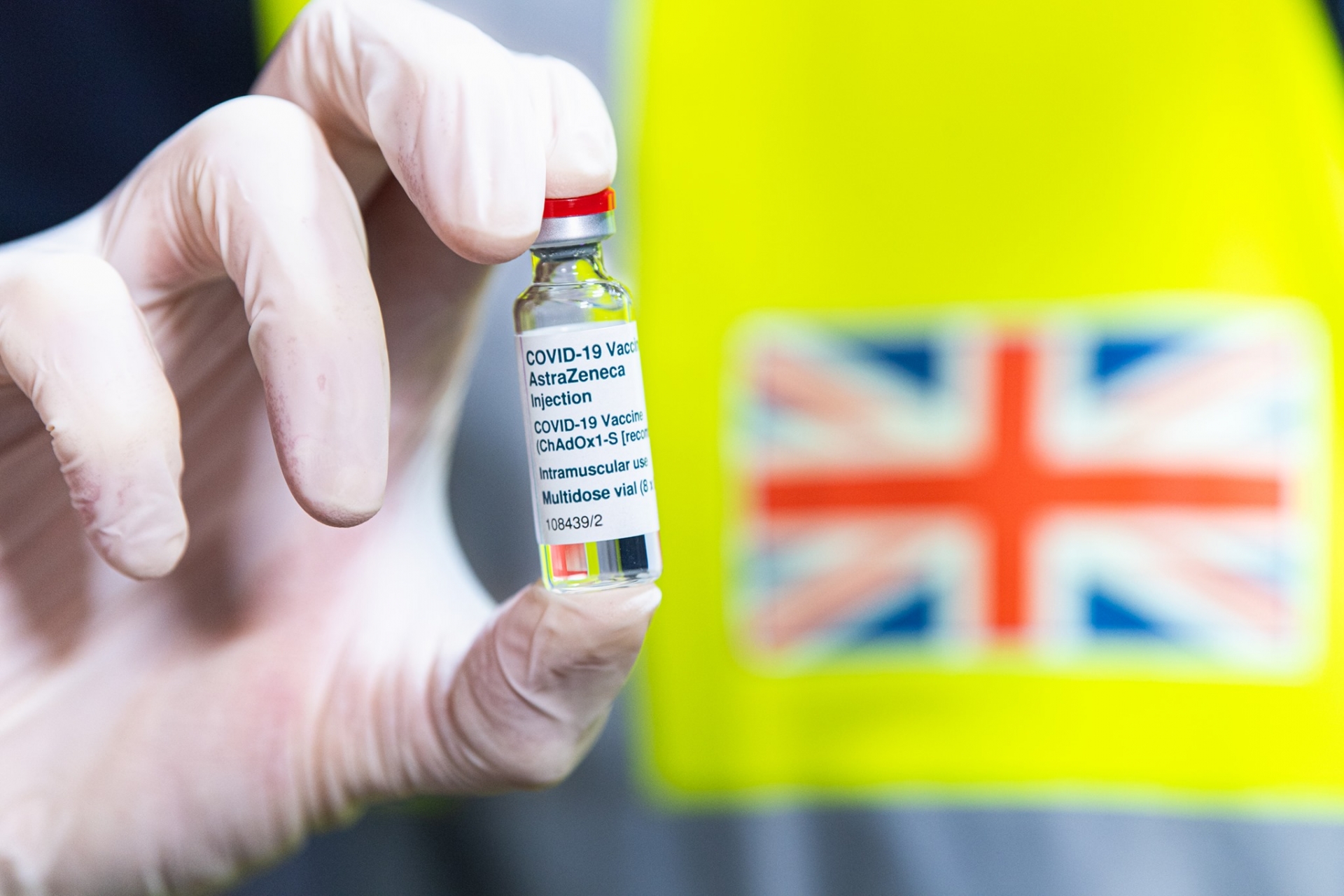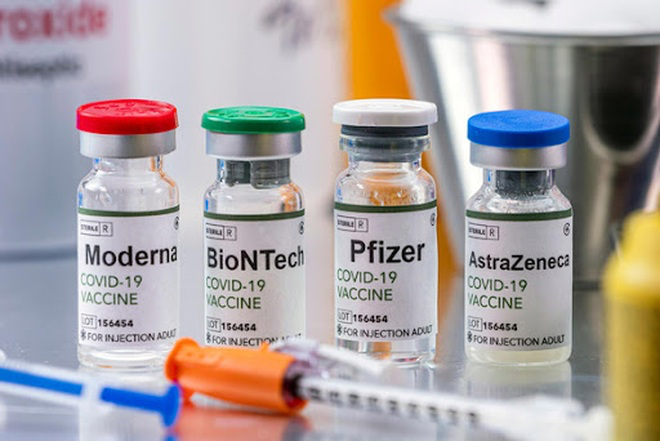Australian scientists test potential Covid-19 vaccines on ferrets
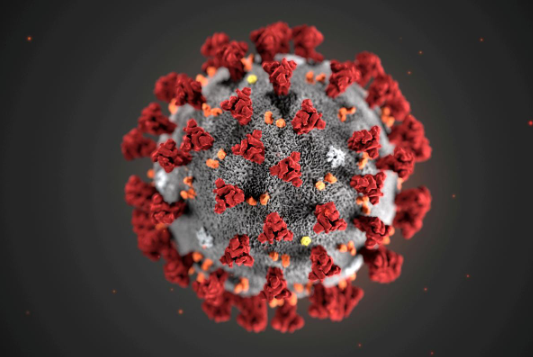 |
| Illustrative photo by Reuters. |
According to Science Direct, the upper and lower respiratory tracts of ferrets have several similarities to humans as well as have been proven to contract the coronavirus in the same way humans do.
Two vaccines, made by Oxford University and US company Inovio Pharmaceutical, have been cleared for animal testing by the World Health Organization.
Australia's national science agency will assess if the vaccines work, and if they would be safe for humans. While the first human trial took place in the US last month, but skipped a stage of animal testing.
There are several other vaccine developments occurring around the world at the moment at extraordinary speed.
Researchers said the speed and level of global co-operation that led to this stage had been unprecedented.
"Normally it takes about one-to-two years to get to this point and we've in fact shortened that to a period of a couple of months," Dr Rob Grenfell from the CSIRO told reporters on Thursday.
How will it work?
Sars-CoV-2 is the virus which causes the disease Covid-19. There are at least 20 vaccines in development around the world.
The CSIRO is testing two options selected by a global consortium overseeing most of this research, the Coalition for Epidemic Preparedness Innovations.
One option, developed by the University of Oxford, is a vector vaccine. It uses a "defective" virus to introduce the proteins of the coronavirus to the immune system and induce a response.
"But they're not able to replicate... so there's no possibility of becoming ill through this particular vaccine," said Prof Trevor Drew, director of the Australian Animal Health Laboratory in Victoria, where the testing is being carried out.
He described the other vaccine - from Inovio - as "rather different but nonetheless exciting".
It is designed to encode certain proteins of the coronavirus to the immune system, prompting the body's cells to generate those proteins before the immune system reacts to them.
"It's very important to take a multi-pronged approach to this," said Prof Drew. "It gives us the best chance of success."
How soon could we get results?
The first results from the animal tests could be revealed as early as June, the scientists said.
If successful, the vaccines could then be moved into clinical trials that could be conducted at labs elsewhere.
At that point, the race to get the medicine into the general market could be accelerated, but experts warn it would still involve a minimum 18-month timeline to meet regulatory tests and standards.
The Oxford University vaccine, for example, is also being tested by another lab on a separate animal to comply with US regulations.
"All of the [vaccine] candidates actually have a multitude of other companies and organisations involved because no single organisation can actually produce a vaccine," said Dr Grenfell.
But he said he was "optimistic" about the work, given the level of global collaboration.
"This is a true collaboration across academic, public, and also private sectors to in fact actually achieve success at this point," he said.
| More than 935,000 people have been infected with the novel coronavirus across 207 countries and territories, killing more than 47,000. Australia has reported around 5,200 cases and 24 deaths, Reuters reported. |
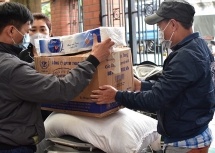 | Support Vietnam's most vulnerable in coronavirus crisis In response to pressure caused by COVID-19, 60 emergency food packages was donated to Blue Dragon Children's Foundation by the Taiwan Fund for Children and ... |
 | COVID-19 elderly patients died after giving up ventilator to help others While many hospitals, medical facilities around the world are facing dire shortage of personal protective gears, and medical treating equipments as the COVID-19 pandemic is ... |
 | Vietnamese families turn to online ancestor worship services amidst COVID-19 pandemic Numbers of families in the capital of Hanoi take advantage of social platforms to order offering items and hire people to worship at the cemetery ... |
In topics
Recommended
 World
World
Pakistan NCRC report explores emerging child rights issues
 World
World
"India has right to defend herself against terror," says German Foreign Minister, endorses Op Sindoor
 World
World
‘We stand with India’: Japan, UAE back New Delhi over its global outreach against terror
 World
World
'Action Was Entirely Justifiable': Former US NSA John Bolton Backs India's Right After Pahalgam Attack
Popular article
 World
World
US, China Conclude Trade Talks with Positive Outcome
 World
World
Nifty, Sensex jumped more than 2% in opening as India-Pakistan tensions ease
 World
World
Easing of US-China Tariffs: Markets React Positively, Experts Remain Cautious
 World
World

